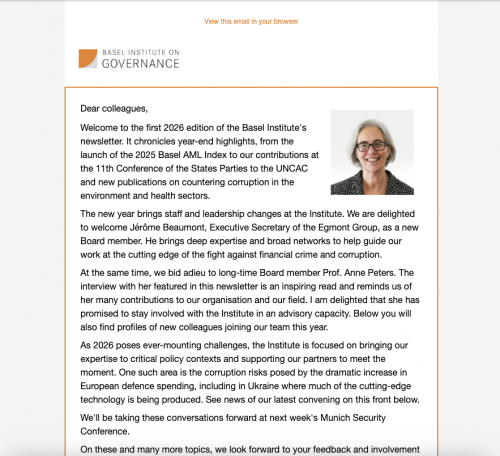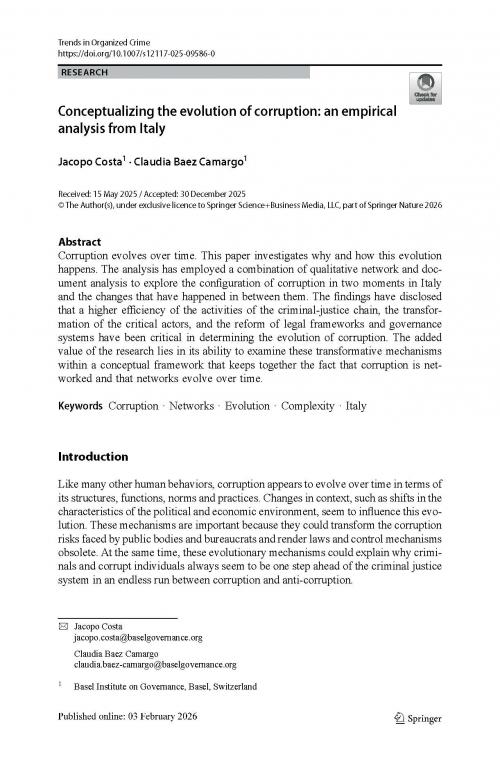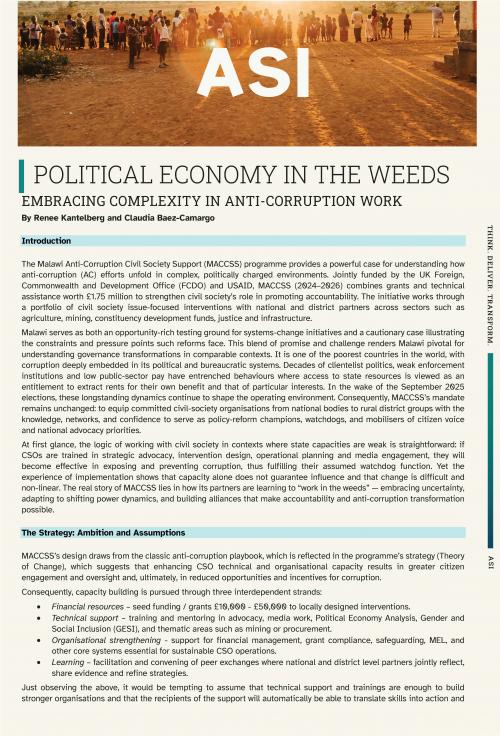Curbing Corruption in Public Procurement: A Practical Guide
This guide provides a basic introduction for government of officials, civil society groups and the private sector on eliminating corruption risks in public procurement. It is intended to inform and guide participants in public procurement, as well as civil society groups, on what can be done to strengthen the procurement process against corruption and its damaging effects.
Procurement is a complicated and sometimes opaque process, through which a large, if not the largest, percentage of public money is spent. Worldwide, procurement spending averages between 13 per cent and 20 per cent of gross domestic product. Every year an estimated average of US$9.5 trillion of public money is spent by governments through public procurement. With such vast sums at stake, few government activities create greater temptations or offer more opportunities for corruption than public sector procurement.
This guide sets out basic principles to be followed and minimum standards to be adopted by governments, which, in collaboration with the private sector, have the responsibility to ensure the full integrity of the public contracting process. Civil society can use the enumerated principles and minimum standards to advocate for steps to reduce corruption and waste in public contracting. This guide also emphasises and explains the important role that civil society organisations can play in the procurement process as monitors and watchdogs acting against corruption.
In addition, this guide identifies some critical issues in procurement processes that are often overlooked, and details steps that public of cials, the private sector and civil society can take, acting separately and together, to significantly curb corruption in public procurement.



